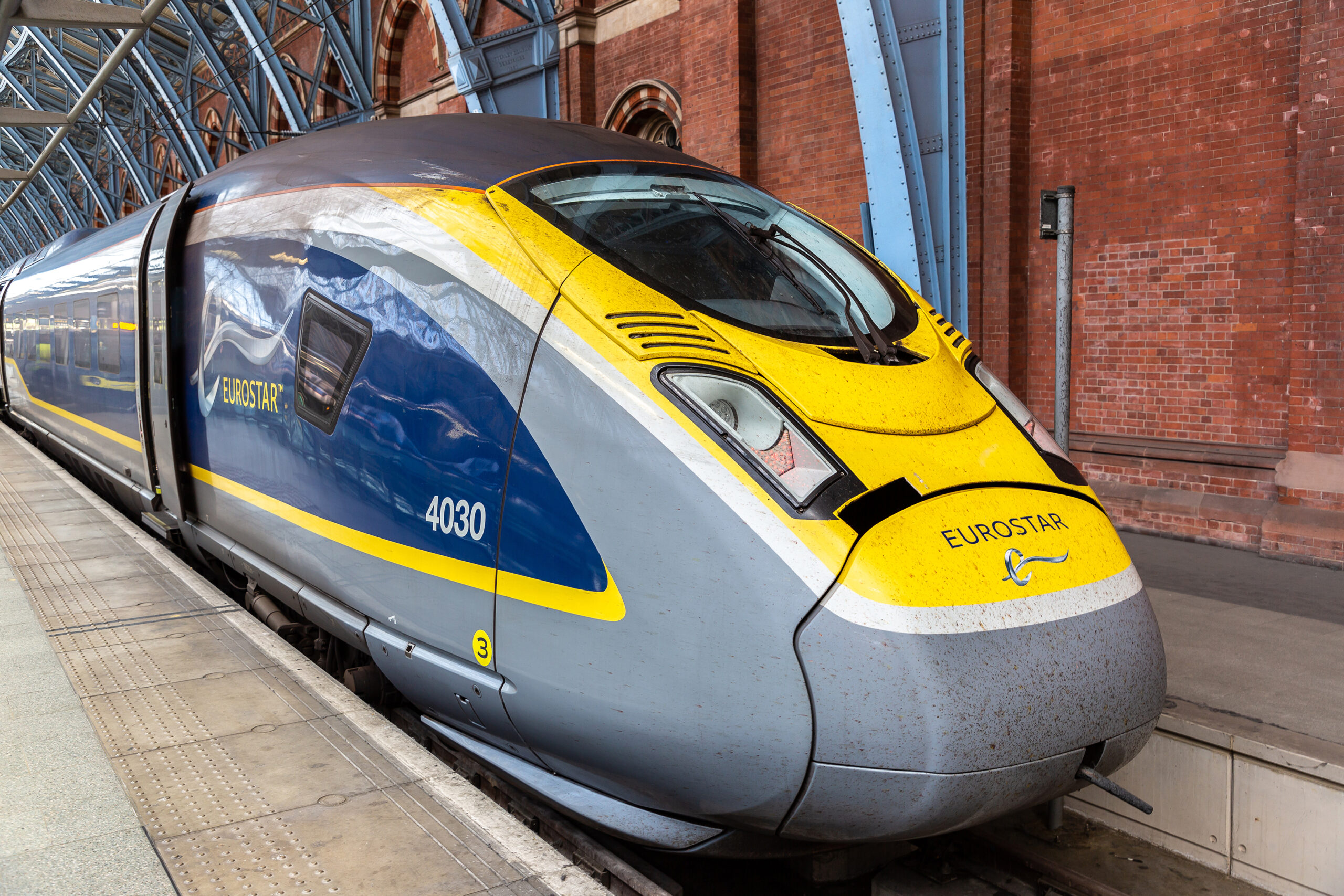More cross-border tickets: EU to push for high speed rail

Less travel time and simpler cross-border tickets are part of a major plan announced by the European Commission to accelerate the development of a high-speed rail network linking European cities.
Train users have long complained about the lack of oversight in the European high speed train network and the commission says it now wants to give passengers “a real alternative to short-haul flights and long car journeys”.
The EU has plans to “double high-speed rail traffic by 2030 compared to 2015 and triple it by 2050”.
Under the new plan, the commission says it intends to work with member states to develop a network that will cut travel time for many popular journeys by half and open the market to new entrants.
By 2030, passengers should be able to travel from Berlin to Copenhagen in four hours instead of seven, from Madrid to Lisbon in three instead of nine, and from Munich to Rome in six instead of 9.5, the commission said. Travel time from Amsterdam to Berlin will be reduced marginally to 5.5 hours, according to the initiative.
The development of the high-speed network will benefit especially central and eastern Europe, which to date is poorly connected, the commission said.
“The “high-speed rail is not just about cutting travel times, it is about uniting Europeans, strengthening our economy, and leading the global race for sustainable transport…”
The commission also aims to ensure better links between high-speed rail and other transport modes, connecting long-distance trains to all EU airports handling over 12 million passengers by 2030.
Part of the plan involves making it easier to purchase cross-border tickets involving several operators. Next year the commission will present a proposal to realise this and bring in new rules to ensure that passengers who buy their ticket in a single transaction on one platform are protected for the entire journey.
European consumer organisation BEUC welcomed the move arguing that “for too long, consumers have faced complex booking and ticketing, limited passenger rights, poor connections and underwhelming service quality when travelling across Europe by train.”
More competition
Another pillar of the proposal is about removing entry barriers for new high-speed operators, addressing obstacles such as “restricted access to stations, depots, and ticketing systems, high track access charges, costly investments in rolling stock, and differing training requirements for train drivers.”
“Competition, as seen in countries like Spain and Italy, has resulted in reduced prices and growth in passenger numbers,” but it is not happening in all EU countries, the commission noted.
In July, the European Commission referred the Netherlands to the European Court of Justice for failing to ensure proper competition on the main railway network, awarding the passenger transport concession for 2025 to 2033 to state-owned operator NS without competitive tender.
For financing, the Commission aims to better coordinate “funding sources and private investment” and establishing a “strategic dialogue” with EU member states.
Thank you for donating to DutchNews.nl.
We could not provide the Dutch News service, and keep it free of charge, without the generous support of our readers. Your donations allow us to report on issues you tell us matter, and provide you with a summary of the most important Dutch news each day.
Make a donation